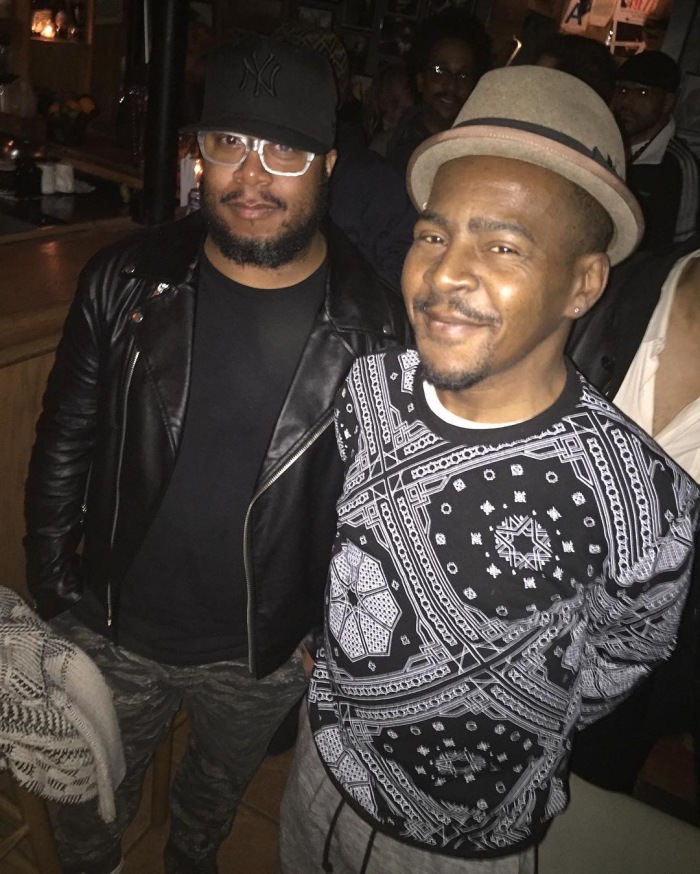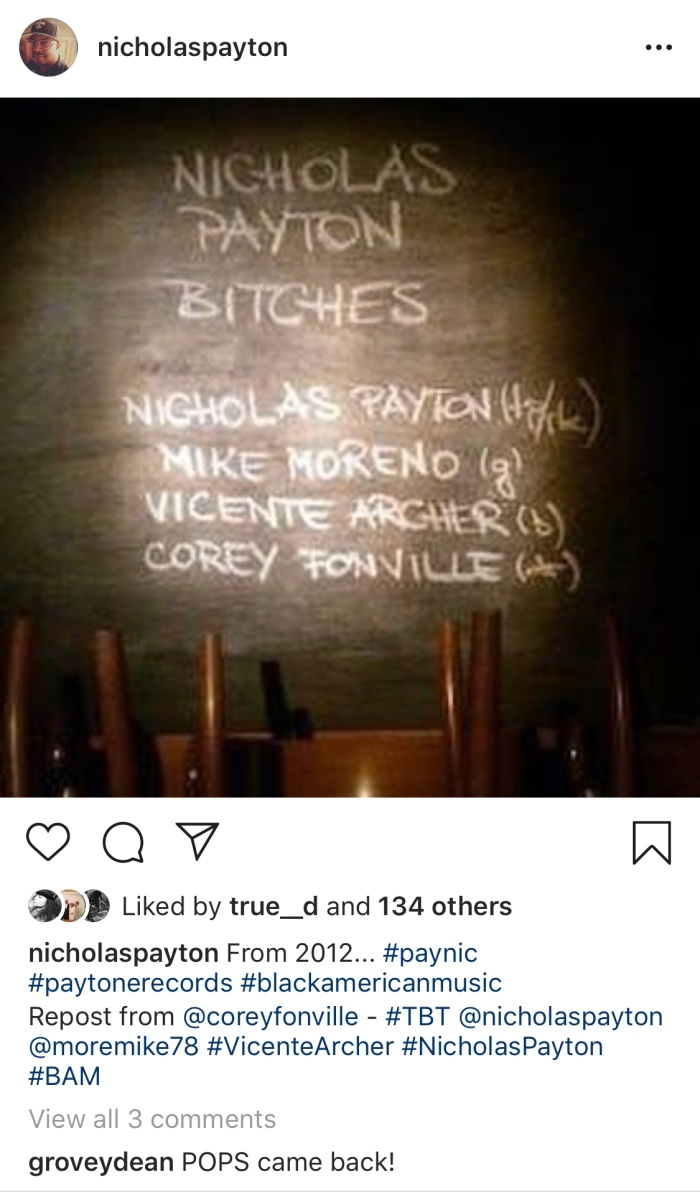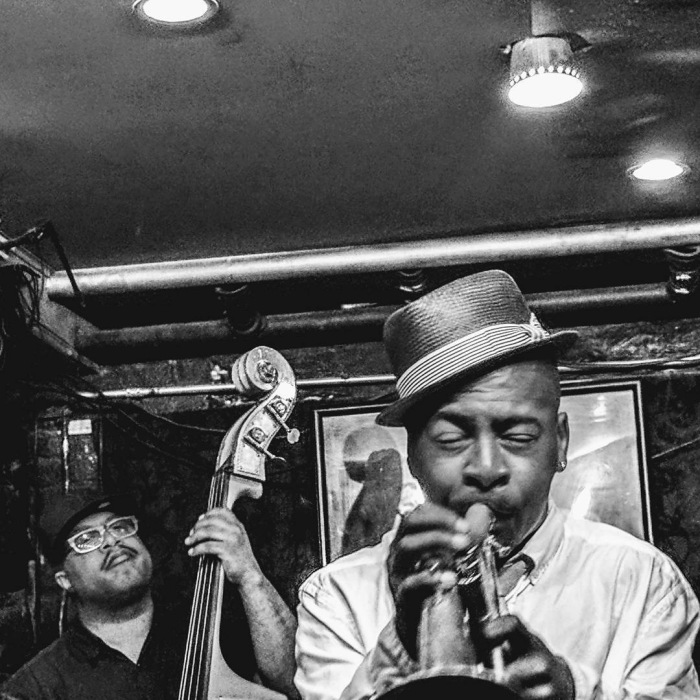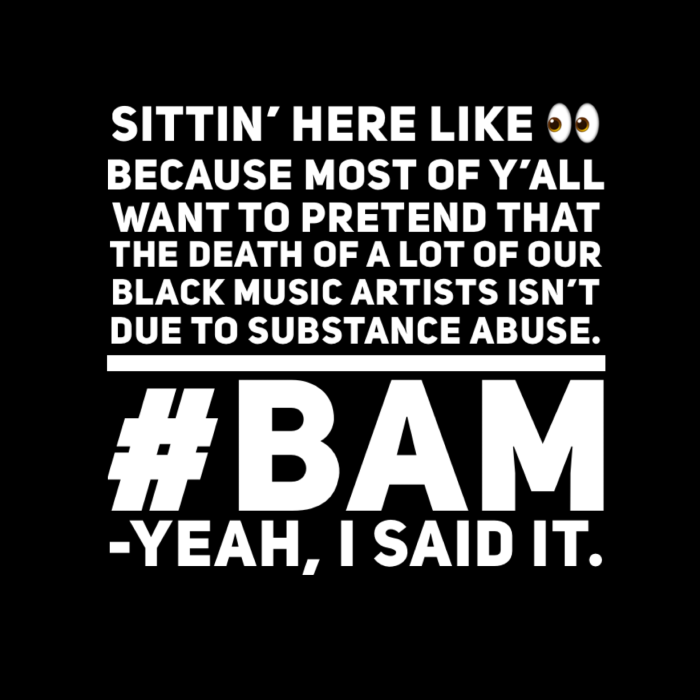
We have reached a dangerous place in our society when we have to play nice and say things in such a way as to not to offend anyone. Yes, it’s important to be kind and sympathetic towards others, but not at the expense of our own health and wellbeing. As a person who’s spent decades on the front line of protecting our culture, I’ve often received flack for the way I choose to voice things. I can’t tell you how many times I’ve heard, “Well, if you had just said it differently, your message would be better received,” or “Great points, but you lacked clarity.” Everyone wants to sit on the side and say how one should or shouldn’t do something, but have they done the work? Are they the ones putting themselves out there?
If you have all of the answers, you do it. Nothing is stopping any of us from putting forth into the world the things we wish to see represented. It’s easy to pick apart how someone else could’ve voiced something after they’ve done the work. Shit, I’ve done that to myself. Countless times I’ve found myself pouring over emails for corrections, yet didn’t catch a mistake until after I’ve hit send. The thing is, the awareness of those so-called mistakes doesn’t often arise until after you’ve put yourself out there. But this calls into question: What’s a mistake? I say a mistake is the truth trying coming out. There are mistakes that are derived from a lack of discipline and those that are born of brilliance. However, you only earn the right to make brilliant mistakes when you’ve done your homework.
I’m not that old, but I’m old enough to have seen a lot of the masters of Black music come and go. I’ve taken note of how many of them have died ‘too soon,’ yet the club owners, presenters, and impresarios seem to live on forever. They do and say whatever the fuck they want with little to no retribution in this world, while the artists must keep a tight lip if we’re to get ahead. It is the sacrificial artists who die ‘too soon’ because they internalize the pangs of living in this cruel and hostile society.
How many artists have to die from self-medicating before we address the root source of the problem? The whole point of Black American music and dance is that it was a lifeline for Africans who were forced into slavery. When the music is dumbed down, its healing force is nullified, and as a result, lead many to overindulge in substances as a form of escapism.
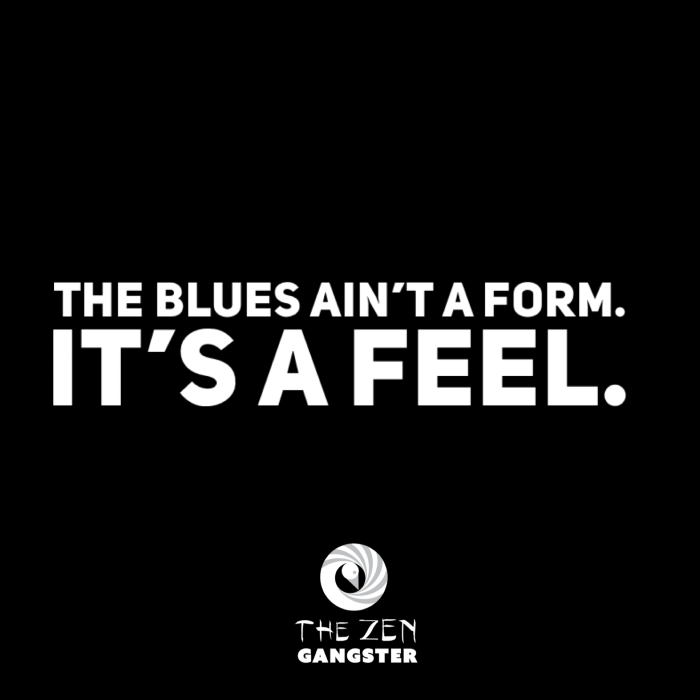
I’ve been seeing a lot of posts recently calling this or that The Blues. Just because it’s a twelve-bar form with some variation of I-IV-V chords, don’t think you playing The Blues. The Blues is an ancestral calling. It’s freedom from oppression. It has no particular form. Relegating The Blues to a form, refutes its function. It can be found in many shapes and sizes. “Now’s the Time” is The Blues and “Nefertiti” is The Blues. “Got To Give It Up” is The Blues. Black people invented this new language because they were not allowed to speak their native tongues in the New World. Now, you don’t have to be Black to play it, but you must recognize where it comes from to channel it.
That said, I think it’s time we hold space for artists to be free. Art serves as a bridge between this world and the ancestral one. In this illusory world, it’s the only thing that makes us whole. It’s what saves us when education, policing, government, and religion fails. But don’t think The Powers That Be don’t know this. They are attempting to steal it from us in front of our eyes. If we’re not careful, they’ll erase Bessie Smith as The Empress and exalt the Rolling Stones as the emperors of The Blues.
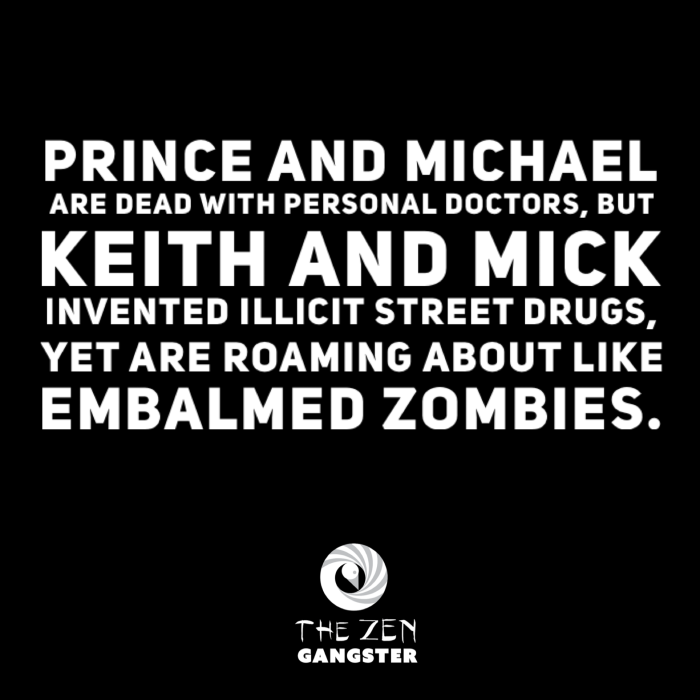
Arts are amongst the first things to be denied funding in American society. Art promotes creative and critical thinking, both of which are threats to the status-quo. Athletics get a lot of money because it inspires an atmosphere of nationalism, competition, groupthink, and sometimes violence—all of which are hallmarks of imperialism and capitalism. Football kills, yet we flood it with dollars. Music saves lives, yet we cut the budgets.
Music programs have altered the trajectory of little Black boys and girls set up to fail. Once they got a hold of our schools, they put an end to band. Once we validated the European jazz festivals and taught their musicians how to play, they gave our gigs to their own. They take over the neighborhoods into which were marginalized, then have the nerve to call law enforcement for a second line parade being too loud. Once we make the subdivision hip, they drive us out by making it too expensive for us to live. It’s time we stop hoping the oppressive forces play a hand in our healing. It’s illogical to expect your abuser to aid in your recovery.
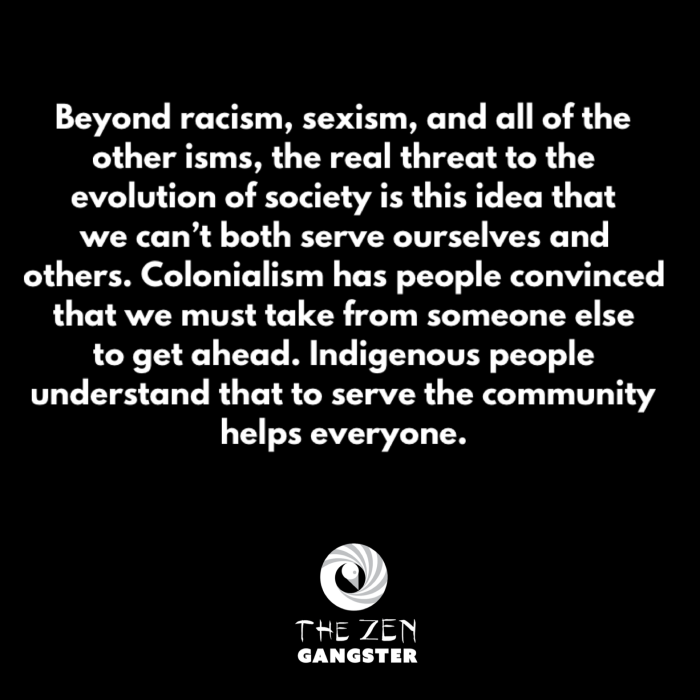
The media typically vilifies Black artists with a history of substance abuse without acknowledging the systemic reasons why said abuse might have occurred. However, it may be more dangerous to live in denial of why this epidemic is leading our great ones to their demise. If something kills someone, they’ve died in vain if we learned nothing from their death.
It’s easy to say drugs kill artists, but the reality is I think most artists die of a broken heart. Broken because of an abusive spouse, broken because of management fucking over them, broken because the world refuses to respect them while they’re here. The most harmful poisons come from people.
If we aren’t willing to protect the artists who protect us while they’re alive, it’s disingenuous to mourn them in passing. RIP doesn’t console children who lost a mother or father. RIP doesn’t pacify a parent who’s lost a child ‘too soon,’ which begs the question: How soon is too soon? Perhaps not soon enough to many who simply don’t want to exist in this vacuous and vicious world anymore.
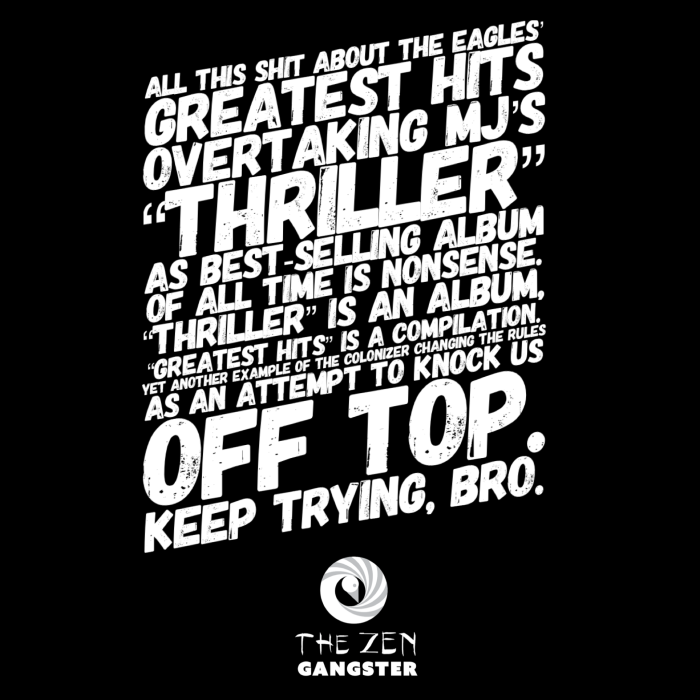
If we care about the place in which we live, we must value the artists who help make it beautiful. People are not here for our entertainment. We are here to assist in each other’s evolution. Art is not here to make you feel good. It’s here to make you grow, which is good for you.
“Take care of the music and the music will take care of you.”
Protect the people you love. Call out bullshit at all costs. Appreciate free thought in all its glory. Fuck this sanitized view of our heroes, which feeds the ego and perpetuates a false sense of perfection. We only want to believe the ‘good’ things about the people we admire, when what makes them heroes is how they negotiate their flaws.
#BAM
-Nicholas Payton aka The Savior of Archaic Pop
